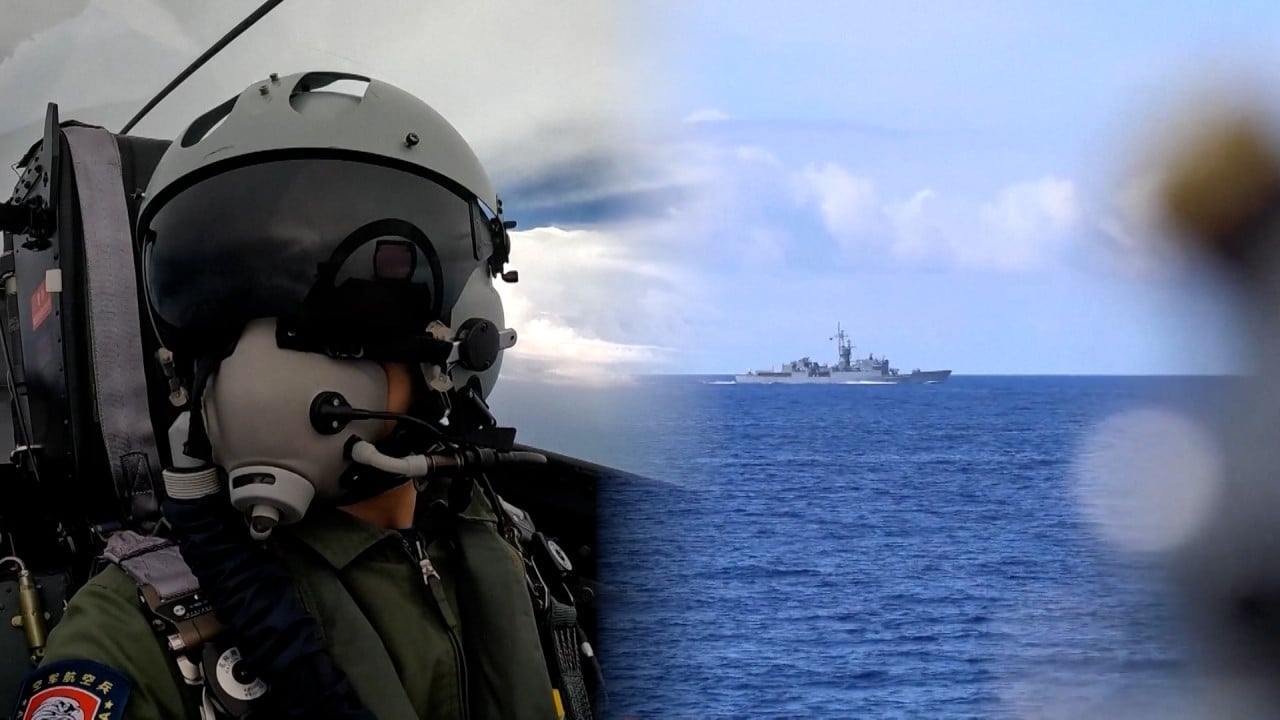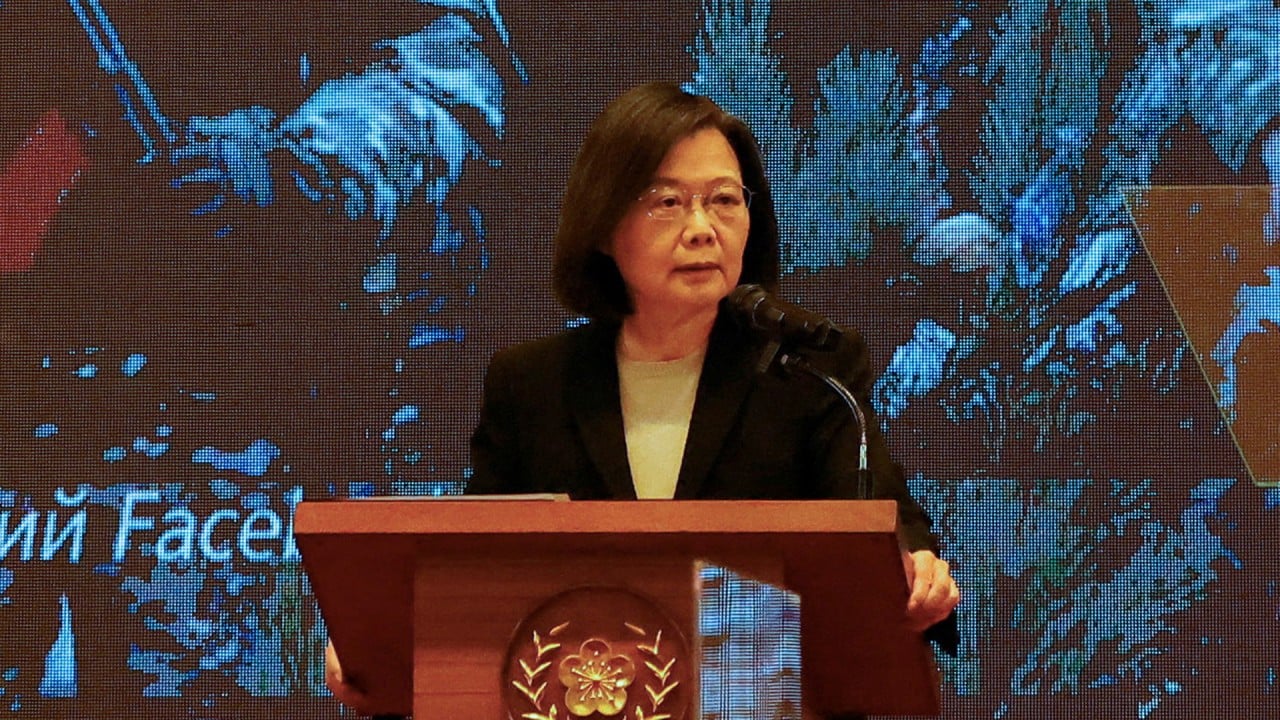Under the plan for the next four years, the ministry’s medical affairs bureau will acquire 221 types of facilities, including mobile X-ray machines, C-arms widely used during orthopaedic, urology and other emergency procedures and plasma storage freezers for keeping blood at minus 40 degrees Celsius.
Some NT$542 million will pay for 47 kinds of facilities – including ultrasonic imaging scanners and those for hybrid operation rooms – in the next two years, according to the plan.
The bureau will spend NT$187 million to acquire positron emission tomography machines that measure physiological function by assessing blood flow, metabolism, neurotransmitters and radiolabelled drugs.
The tomography machines would be used in the event of radioactive disasters, including those caused by a nuclear bomb explosion or a power plant leak, according to the ministry.
Advertisement
Taiwan boosts defence budget to record US$19 billion amid PLA sabre-rattling
Taiwan boosts defence budget to record US$19 billion amid PLA sabre-rattling
The ministry has warned that among the PLA’s options to assault Taiwan, it could attack the island’s nuclear power plants.
Taiwan has three nuclear power plants. The two plants in northern Taiwan are in the process of being decommissioned, leaving the one in Hengchun in southern Taiwan still operating. A fourth, also in northern Taiwan and 90 per cent completed, was scrapped because of opposition by the government of Taiwanese President Tsai Ing-wen.
Advertisement
The United States, like most countries, does not recognise Taiwan as an independent state but it is opposed to any unilateral change to the cross-strait status quo.
In its report to the legislature, the ministry also said pursuing unification with Taiwan was likely to be high on the agenda during mainland Chinese President Xi Jinping’s third five-year term that began earlier this year.
Advertisement
Ho Chih-wei, a legislator of the ruling, independence-leaning Democratic Progressive Party, said there was a need for Taiwan to increase its medical facilities to deal with wartime emergencies and casualties.
“High mobility in [military] operations, including those involving medical treatments, are necessary in the event of a contingency,” Ho said, adding they were the “root” of Taiwan in its asymmetric warfare against the PLA.
UK lawmakers refer to Taiwan as ‘an independent country’ in report
UK lawmakers refer to Taiwan as ‘an independent country’ in report
He said international cooperation was also important to help improve Taiwan’s ability to deal with wartime medical situations.
Advertisement
In a statement on Monday, the ministry stressed the new installation was to replace dated facilities and enhance the medical capacity of the military – a practice in line with the international trend.
Advertisement




